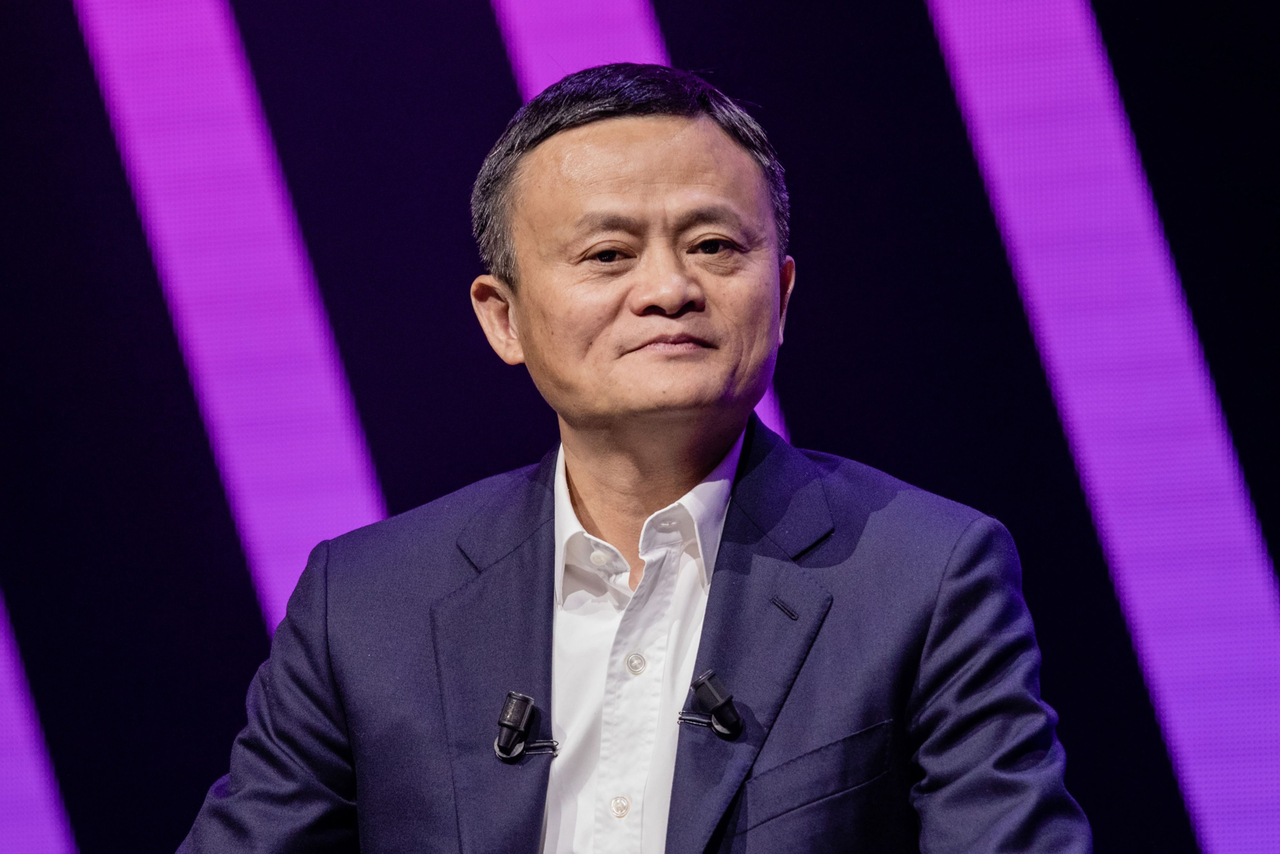Alibaba's Jack Ma resigns from SoftBank board as record losses loom
Sign up now: Get ST's newsletters delivered to your inbox

Mr Jack Ma's departure comes as he pulls back from formal business roles to focus on philanthropy.
PHOTO: BLOOMBERG
Follow topic:
TOKYO (NYTIMES) - SoftBank Group on Monday (May 18) said that Jack Ma, the co-founder of Chinese e-commerce giant Alibaba, has resigned from its board, an announcement that came as the Japanese company said it was preparing to double the money it has spent on repurchasing its own shares.
In its statement, SoftBank did not mention the reason for Ma's departure. Last year, Ma retired as executive chairman from Alibaba, saying that he would pull back from his business endeavors to focus on philanthropy.
Ma's departure from the company's board follows the exit late last year of Tadashi Yanai, the founder and president of Japanese clothing retailer Uniqlo. Yanai was a longtime ally of Masayoshi Son and seen as a moderating influence on SoftBank's exuberant founder.
The dual announcements came just hours before SoftBank was set to announce what is widely expected to be the largest annual loss in company history, driven largely by its investment in WeWork and other technology-related companies that have been hit hard by the coronavirus pandemic.
Son, who is also SoftBank's chief executive, was an early investor in Alibaba. His US$20 million (S$28.5 million) initial stake grew to be valued at more than US$100 billion, making it one of the Japanese company's most valuable holdings.
SoftBank has used those assets as collateral to help transform itself from a telecom company into the world's largest and most powerful tech investor. Through the company's US$100 billion Vision Fund, financed in part with money from sovereign wealth funds in Saudi Arabia and Abu Dhabi, Son has pumped enormous amounts of capital into cutting-edge and often risky start-ups, companies that he believes have the potential to effectively monopolize entire industries.
That vision was challenged last year by the spectacular implosion of WeWork, the tech-adjacent real estate company, over allegations of mismanagement and self-dealing. The coronavirus has threatened to destroy Son's dream entirely. It has drained huge amounts of value out of the company's portfolio of companies, like Uber, the car sharing service, and Oyo, the Indian hospitality company, which have proven particularly susceptible to the pandemic's effects.
Unbowed, Son has doubled down on himself. Last month, SoftBank said it would sell down US$41 billion of its assets - perhaps to include part of its Alibaba holdings - to increase its cash reserves and finance an ambitious plan to buy back US$23 billion worth of its own shares and shore up its falling stock price.
In a separate announcement on Monday, SoftBank said it will spend US$4.7 billion toward that goal by the end of March 2021, doubling the amount it had already pledged in March.
Shares of the company in Tokyo were up nearly 2.5 per cent by midday on Monday.
The company released two earnings warnings this quarter, preparing investors for losses on the order of US$16.7 billion in its Vision Fund investments. The drop in the fund's value will be partially offset by SoftBank's other businesses, but the company has predicted it had lost US$12.6 billion for the year ended March 31, its first annual loss in 15 years.

